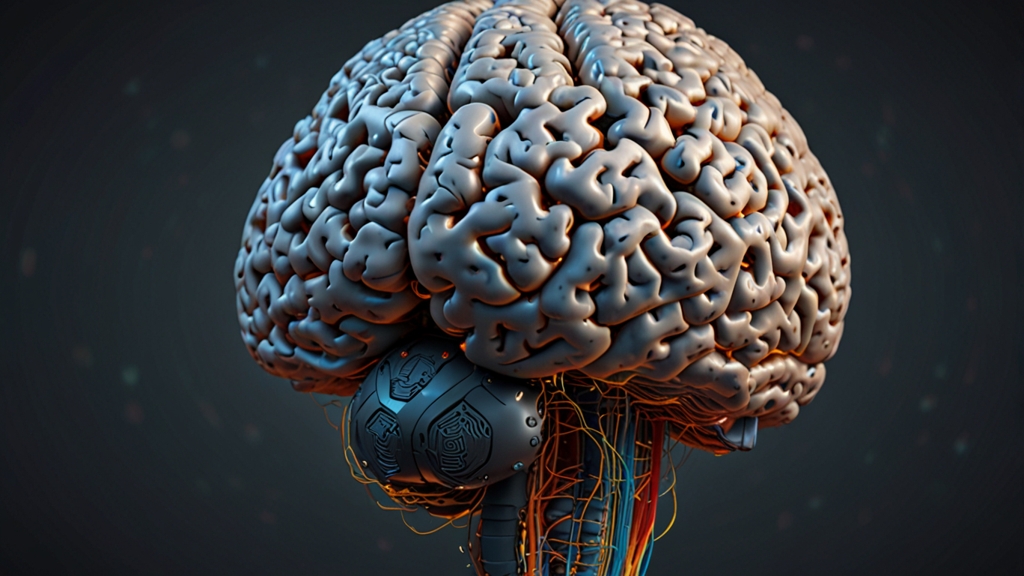Philosophy and the Internet: How We're Changing the Way We Think
The advent of the internet has revolutionized countless aspects of modern life, from how we communicate to how we consume information. One of the most profound yet often overlooked changes is how it has reshaped philosophical inquiry and the very way we think. This digital age provides both unprecedented opportunities and new challenges to traditional modes of philosophical thought.
The Democratization of Knowledge
One of the most significant impacts of the internet on philosophy is the democratization of knowledge. No longer confined to the ivory towers of academia, philosophical discourse is now accessible to anyone with an internet connection. Online forums, social media platforms, and dedicated websites enable people from diverse backgrounds to engage in philosophical discussions, challenge existing paradigms, and disseminate new ideas.
"The internet has leveled the playing field in philosophy, allowing voices from all walks of life to contribute to and shape the discourse."
This democratization has both positive and negative consequences. On the one hand, it introduces a rich tapestry of perspectives that can enrich philosophical dialogues. On the other hand, the sheer volume of content and the lack of gatekeeping mechanisms can sometimes lead to the propagation of misinformation or superficial understandings of complex topics.
Acceleration of Information Exchange
Another transformative aspect of the internet is the acceleration of information exchange. The speed at which ideas can be disseminated and debated online surpasses anything possible in the pre-digital age. Academics and enthusiasts alike can share articles, critique works, and collaborate on projects in real-time, fostering a global community of thinkers.
However, this rapid information exchange can also lead to a kind of intellectual short-circuiting. The emphasis on quick, easily digestible content can sometimes undermine deep, critical thinking. The internet encourages a certain form of intellectual impatience, where complex ideas are oversimplified or misunderstood in the rush to consume and share more information.
New Forms of Argumentation
The internet has also given rise to new forms of argumentation and debate. Traditional academic settings often emphasize long-form, rigorously peer-reviewed publications. In contrast, online platforms prioritize brevity and immediacy. Tweets, blog posts, and comment threads have become common venues for philosophical debate.
"The online world demands that philosophical arguments be made quickly and compellingly, often sacrificing nuance for clarity and impact."
While this shift can make philosophical ideas more accessible, it also poses the risk of reducing complex arguments to mere sound bites. Philosophical rigor can suffer when the goal is to win an argument in the court of public opinion rather than to seek truth through careful reasoning.
The Role of Algorithms
Another crucial aspect of how the internet affects our thinking is the role of algorithms. Social media platforms and search engines use complex algorithms to curate the content we see, often based on our previous engagements. This can create echo chambers where individuals are only exposed to ideas and arguments that confirm their existing beliefs.
These algorithmically-driven echo chambers can stifle intellectual diversity and diminish the quality of philosophical discourse. They can make it more challenging to encounter and engage with dissenting viewpoints, which are crucial for the kind of dialectical reasoning that is essential to philosophical inquiry.
The Ethical Implications
The internet also poses new ethical questions and challenges. Issues like data privacy, artificial intelligence, and digital surveillance have become central topics in contemporary philosophical debates. The internet has amplified the urgency of these issues, making it imperative for philosophers to grapple with the ethical implications of our increasingly digital lives.
"The ethics of the internet is not just about policy or regulation; it's about understanding the profound ways in which digital technologies shape our lives and our moral landscape."
Whether it's the question of free speech on social media or the ethical design of AI algorithms, the internet requires us to rethink and often redefine our ethical frameworks. This dynamic landscape offers fertile ground for philosophical exploration, challenging us to apply age-old ethical principles to novel, uncharted territories.
Conclusion
The internet has irrevocably changed the way we think and engage with philosophy. It has democratized knowledge, accelerated information exchange, introduced new forms of argumentation, and posed novel ethical dilemmas. While it offers incredible opportunities for intellectual growth and collaboration, it also presents significant challenges that require careful navigation.
As we continue to evolve alongside our digital technologies, it is crucial to remain vigilant about the ways in which the internet shapes our thinking. By doing so, we can harness its potential while mitigating its risks, fostering a richer, more inclusive, and more thoughtful philosophical discourse.











